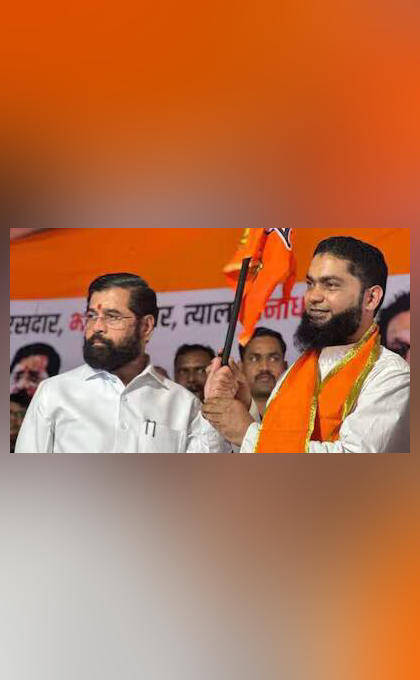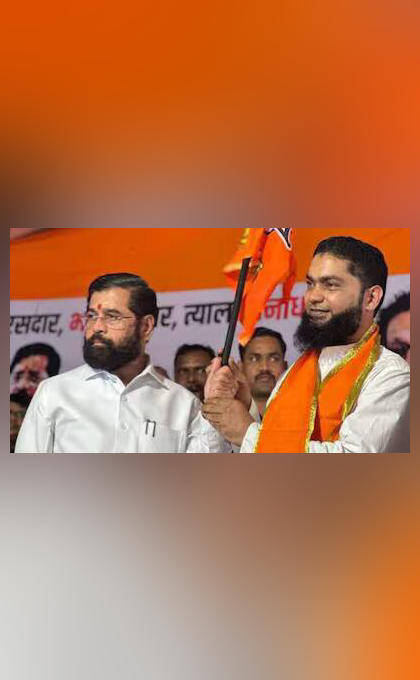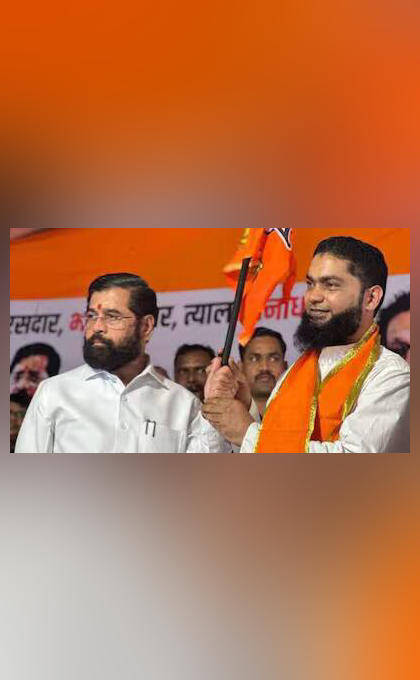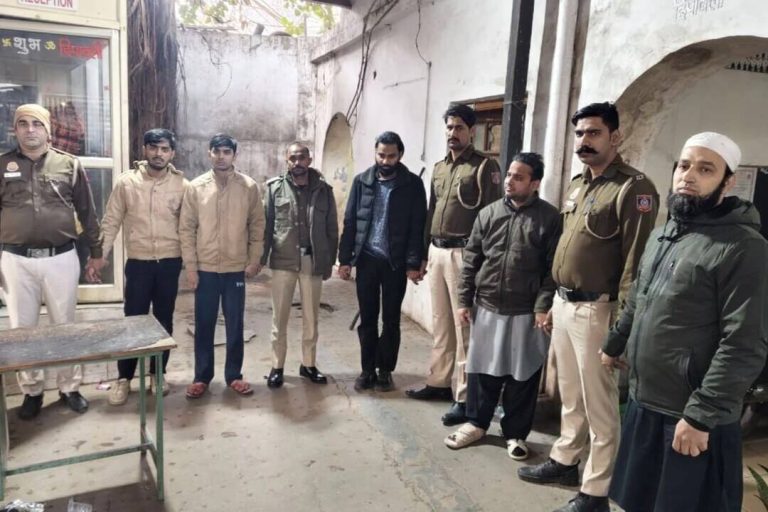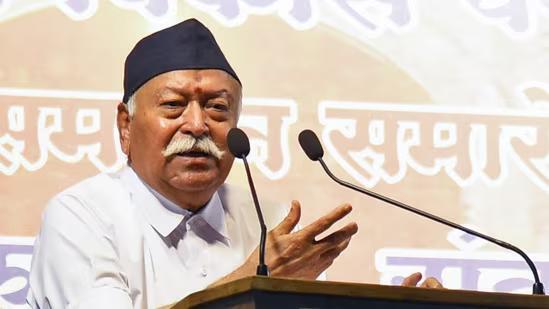
Muslims & Christians are also Hindus if they follow Indian culture: RSS chief Bhagwat
In a recent statement, Rashtriya Swayamsevak Sangh (RSS) chief Mohan Bhagwat has sparked a new debate on the definition of Hinduism. According to Bhagwat, anyone who takes pride in India and follows Indian culture can be considered a Hindu, regardless of their religious affiliations. This statement has far-reaching implications and challenges the traditional understanding of Hinduism as a religion.
Bhagwat’s statement was made in the context of a discussion on the concept of a ‘Hindu Rashtra’ (Hindu nation). He argued that India does not need an official label to be a ‘Hindu Rashtra’ because its civilization already reflects the values and principles of Hinduism. He said, “If Muslims and Christians, even without giving up their worship, customs, and traditions, worship this country, follow Indian culture…then they are Hindus.” This statement suggests that Bhagwat views Hinduism not just as a religion, but as a cultural and national identity that can be shared by people of different faiths.
This definition of Hinduism is significant because it expands the scope of the term beyond its traditional religious connotations. Bhagwat’s statement implies that Hinduism is not just a matter of personal faith or religious practice, but also a matter of cultural identity and national loyalty. According to this view, anyone who identifies with Indian culture and values can be considered a Hindu, regardless of their religious beliefs.
This perspective is not entirely new, as there have been previous attempts to define Hinduism in broader cultural terms. However, Bhagwat’s statement is significant because it comes from the chief of the RSS, an organization that has been at the forefront of promoting Hindu nationalism in India. The RSS has traditionally been seen as a champion of Hindu interests, and its views on Hinduism have been influential in shaping the broader discourse on the subject.
Bhagwat’s statement has been met with a range of reactions, from praise to criticism. Some have welcomed his attempt to broaden the definition of Hinduism and promote a more inclusive understanding of Indian culture. Others have criticized his statement as an attempt to co-opt other religions and cultures into a Hindu-dominated narrative.
One of the key implications of Bhagwat’s statement is that it challenges the traditional understanding of Hinduism as a religion. If Hinduism is defined solely in terms of cultural identity and national loyalty, then it raises questions about the role of religious practice and faith in defining a Hindu. This could potentially lead to a more nuanced understanding of Hinduism, one that recognizes the diversity of religious practices and beliefs within the Hindu tradition.
However, Bhagwat’s statement also raises concerns about the potential for cultural homogenization. If Hinduism is defined solely in terms of Indian culture, then it may lead to the marginalization of other cultural and religious traditions in India. This could be particularly problematic for minority communities, who may feel that their cultural and religious identities are being erased or co-opted into a dominant Hindu narrative.
In conclusion, Bhagwat’s statement on Hinduism has sparked an important debate on the definition of Hinduism and its relationship to Indian culture. While his attempt to broaden the definition of Hinduism is welcome, it also raises important questions about the potential implications of such a definition. As India continues to grapple with issues of cultural identity and national loyalty, it is essential to engage in a nuanced and inclusive discussion about the meaning of Hinduism and its place in Indian society.
